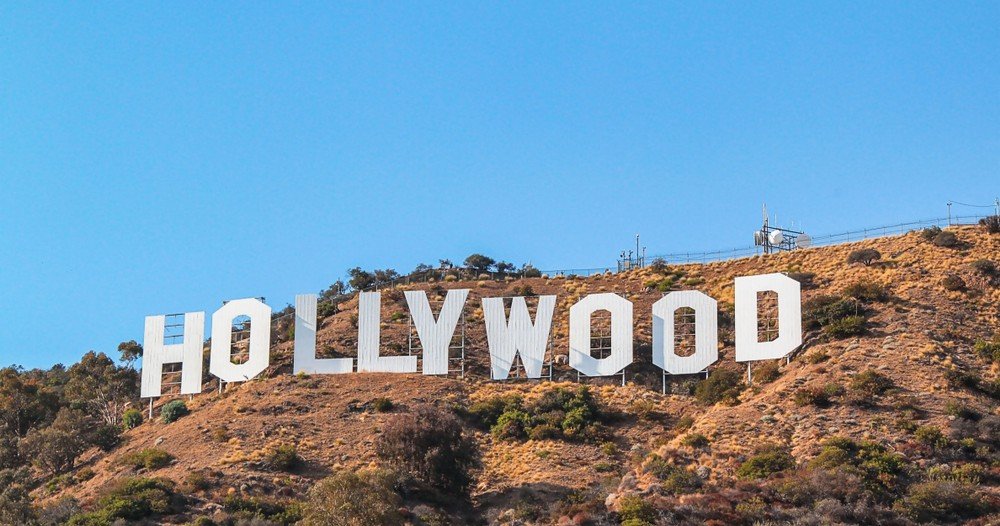
Hollywood Writers and Actors Scramble to Maintain Health Insurance Post-Striken.
Following the 2023 work stoppages and an overall industry contraction, many creatives in Hollywood are struggling to meet the minimum requirements to maintain their union health insurance plans. The situation has become dire for some, prompting them to seek any available work to keep their coverage.
Actor Miki Yamashita, known for her roles in Cobra Kai and The Lion Guard, found herself in a race against time. Diagnosed with non-cancerous tumors requiring surgery, Yamashita needed to qualify for her union's health insurance by June 30 to cover her medical procedure by the end of the year. However, due to the nearly four-month-long SAG-AFTRA strike and a slow industry recovery, she faced significant challenges in meeting the earnings threshold. By mid-June, Yamashita was still $12,000 short. Despite her efforts, she remained doubtful about meeting the deadline and began exploring alternative health insurance options.
Similarly, many other writers and actors find themselves in precarious positions. SAG-AFTRA members generally need to earn at least $27,000 or work at least 104 days over 12 months to qualify for health insurance in 2024. Before the strike, only about 25,000 of the 160,000 union members met these criteria. Writers Guild of America (WGA) members must earn $43,862 over four quarters, a figure set to increase to $45,397 starting July 1.
Both the Writers Guild-Industry Health Fund and the SAG-AFTRA Health Plan have offered extensions to help members affected by the strikes. However, this leniency has not fully mitigated the challenges faced by many members. The WGA West, in a statement, blamed Hollywood management for disrupting industry employment through project cuts and strikes, pledging continued support for quality health care.
Creatives across the industry are scrambling to meet these requirements. David Radcliff, a writer for Tracker and Waffles + Mochi, needs $5,000 more to re-qualify for the Writers Guild-Industry Health Fund by September 30. With cerebral palsy, Radcliff emphasized the importance of maintaining his insurance for a sense of security and stability.
Veteran actor William Sadler, known for roles in Hawaii Five-0, The Shawshank Redemption, and Die Hard 2, faces similar challenges. With his wife recently diagnosed with lung cancer, Sadler has had to turn down jobs to stay close to her while also facing a reduced number of opportunities due to the strikes. He is now planning to take a job in Los Angeles, paying his own travel expenses, to meet his earnings threshold by September 30.
Chelsea Schwartz, a SAG-AFTRA member for nearly a decade, lost her union insurance at the beginning of 2024 due to work shortages during the strikes. Now, she is striving to work 65 more days by September 30 amid a slow industry recovery.
An unnamed veteran SAG-AFTRA actor, who stars in a summer movie, is also at risk of losing her insurance. She expressed frustration at having to request specific roles from her agents to meet her earnings threshold, highlighting the pressure faced by many in the industry.
Casting directors, aware of these challenges, are stepping in to help. Tineka Becker, known for her work on The Mysterious Benedict Society and Heist, mentioned that casting communities have made concerted efforts to find roles for actors at risk of losing their health insurance.
Actors and writers have also taken to social media to share their struggles. Yamashita posted a video seeking work, which received widespread support. Writer Carlos Cisco, known for Star Trek: Discovery and East Los High, publicly disclosed his situation and has since applied for Medi-Cal after realizing he wouldn't re-qualify for his union's health insurance.
Cisco emphasized the importance of openly discussing these issues, inspired by another writer's public disclosure. “If there's one thing we all learned from the strike, more than anything, it's [that] we need to talk about our problems openly with each other,” he said. “More often than not, we share the same problems, and we are not as isolated as we think we are.”
The post-strike landscape in Hollywood has highlighted the fragility of health insurance coverage for many creatives, underscoring the need for ongoing support and solutions within the industry.